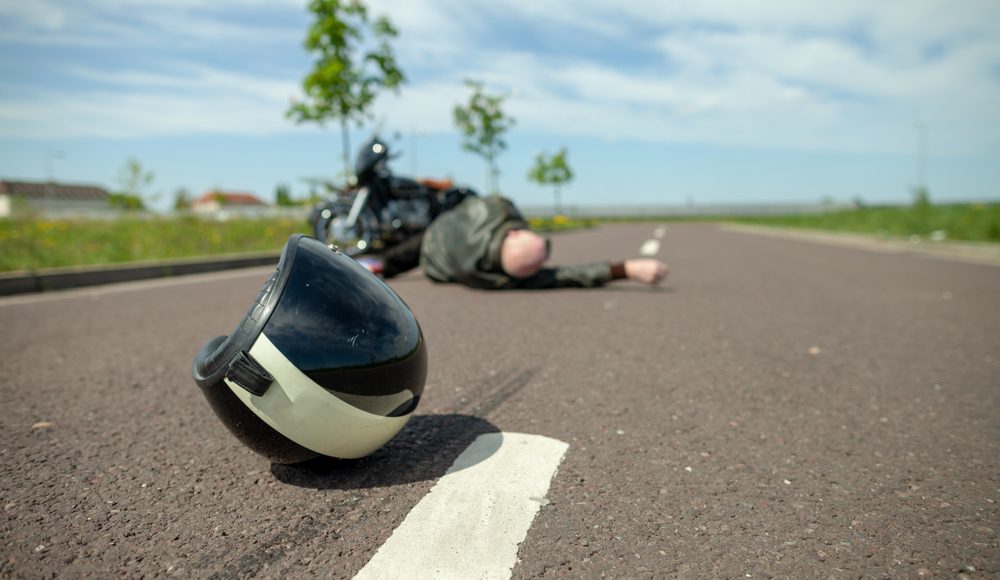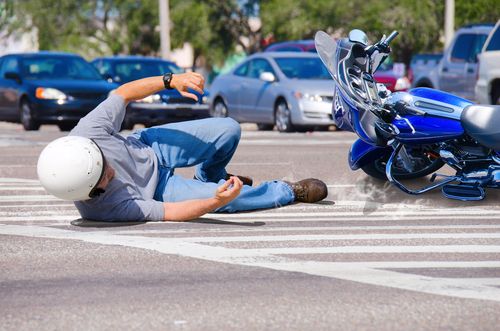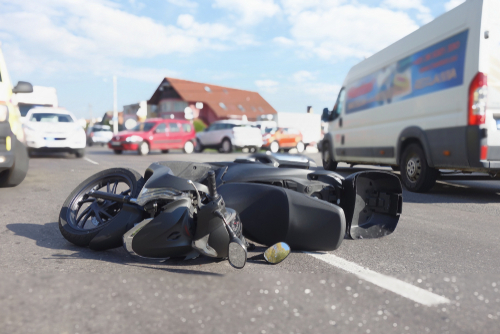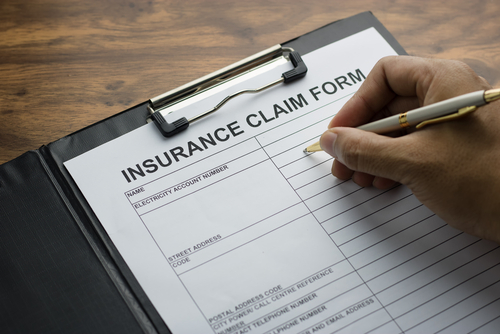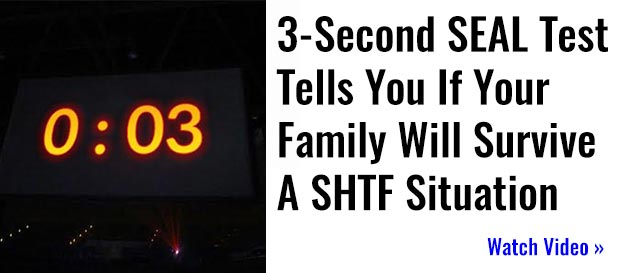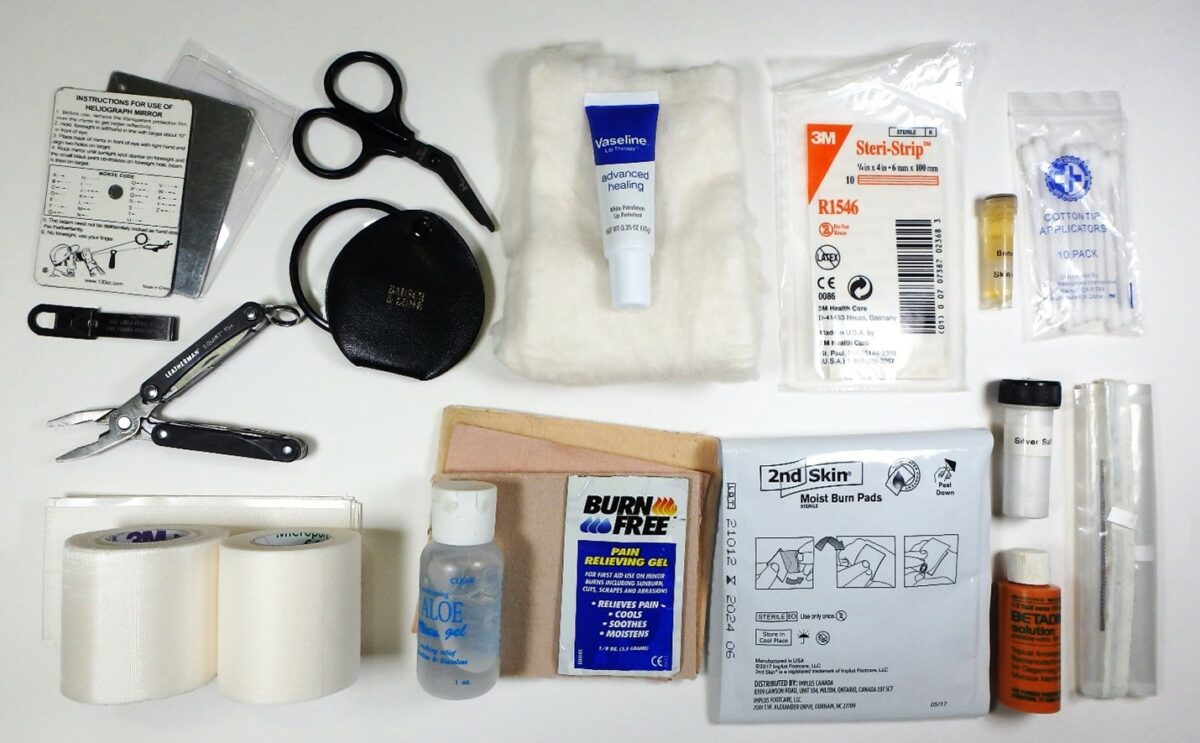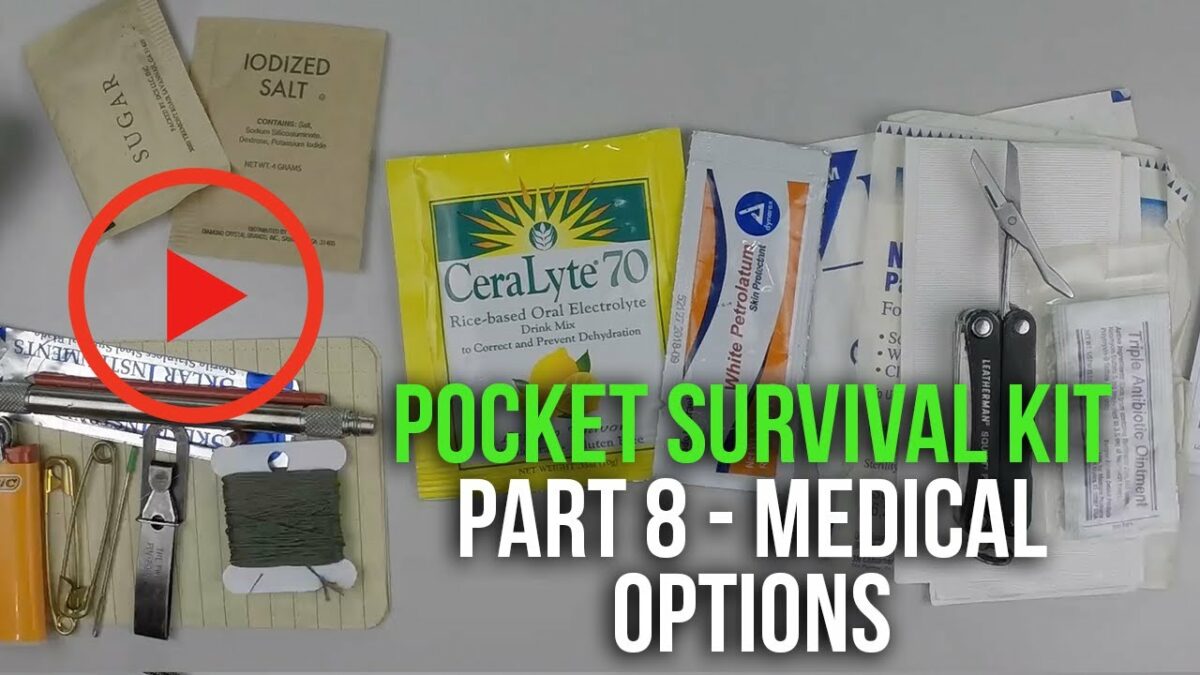If you are unfortunate enough to be in a motorcycle accident then it is easy to become flustered and unsure of the next steps to take.
This is not an everyday occurrence, so the procedure might not come naturally. In a high-stress environment such as this then plenty of people forget to take important details that will be needed for insurance purposes later.
Whether it is ensuring your vehicle is safe to get home or taking evidence such as photos for a motorcycle accident attorney, the six steps discussed in this guide should never be ignored.
Motorcycle Accident Statistics
In the event of an accident, it is much more likely that you will get injured when riding a motorcycle compared to a passenger vehicle. You are exposed, whereas in a car there are fail-safes and protections such as airbags and seatbelts designed for your safety.
Numerous studies have been carried out and there are some frightening statistics. Back in 2006, a major study found that on average 13.10 cars out of 100,000 were involved in fatal crashes, but 72.34 out of 100,000 motorcycles were in fatal incidents on the road.
There are precautions you can take, such as regular safety checks and mechanic checks on your motorcycle, and the very basics, such as wearing a helmet. Riders who wear an approved helmet with safety tests can reduce the risk of death by 37 percent according to some studies.
Accidents can still happen, and it is important to know the steps.
6 Important Steps You Need to Take
Check yourself and others involved for any injuries
Fortunately, many accidents do not result in serious injuries, but you should still check everyone involved. Often, the adrenaline can take over when you are in a situation such as a car or a motorcycle accident. This means you may not realize if you are injured, and the same goes for anyone else in the accident. Check that they can breathe normally, stand and walk, and perform a basic visual check for any obvious signs of bleeding. Some injuries that occur might not become apparent instantly, but you should check for anything that may cause immediate risk, and treat it if you can and know-how. Of course, the next step of calling the emergency services is vital for this…
Call 911
Any accident at any sort of speed, where people might be injured and where blame might be attached, it is a good idea to call 911 straight away. They can send the necessary help in the form of police, or medically-trained staff if needs be. Even if everyone seems calm to start with, the situation could also escalate into blame and people trying to get you to take the fall for the accident so that you have to claim on your insurance. It is a good idea to have a third party there in all scenarios, especially someone who is well-trained like a police officer.
If there are obvious injuries, don’t waste any time in calling 911 and getting emergency services to attend. Whether someone has health insurance to cover this callout or not is irrelevant if they need urgent medical attention. The emergency services available by calling 911 are extremely important. Remember, in the event of an accident or injury; this is exactly what they are there for.
Take Pictures
Obviously, this shouldn’t be the first thing you do. When everybody’s safety has been ensured, though, take as many pictures as you can of the accident, things that might have caused it, and the location in which it occurred. It is important that you get as much evidence as you can as this will help you to ensure justice. If one person is at fault then it is their insurance policy that should have to pay out, and you might be able to take legal action to pay for any injuries and repairs.
10 or 15 years ago, we didn’t necessarily have the option to take this sort of evidence away from the scene of an accident. Now, we can make use of smartphones to create a bank of evidence ready for insurance companies or even courts of law to use if required. Once you have these pictures, back them up by emailing them to yourself or to someone else to keep safe, just in case something should happen to your phone and you risk losing the photographs.
Call Your Insurance Company
Onto the formalities of an insurance claim. Unfortunately, you will often need to make a call to your insurance company no matter what blame is attached or how minor the accident is. You must let them know that you have been in an accident if you intend to make a claim. It might be that the insurance company steps in to pay out on the policy and for a repair or replacement vehicle, but it could just be that there are specific benefits of your policy you can take advantage of. Some might be able to organize a replacement vehicle for you to use in the short term, for example.
Making a call to the insurance company doesn’t mean that you have somehow admitted you are culpable or were at fault in any way, but insurance companies will be involved in the process once an accident has occurred. It’s a good idea to call yours to get the ball rolling on a potential claim. That’s what the policies are in place for, after all.
Exchange Information
It is vital that you exchange information with others involved in the accident. This can be something that causes people to get angry, especially if they feel accused, so make sure you approach it in a calm and professional way, and that they know you are happy to give your details as well as them giving theirs, so it doesn’t feel accusatory in any way. This is just one of the formalities of an accident.
If the police are there, they might even help with the process of exchanging information and they may want to see specific insurance documents too if they are available.
What sort of details and information needs to be exchanged? The car registration is one obvious one, but also names, addresses, and phone numbers. Also, if the registered keeper of the vehicle is different from the person driving it, you may need their details too.
One top piece of advice is to get a photo of the car registration to go along with the details they have given you. If for any reason, somebody decides that they are going to give you fake details, you can use the registration of the vehicle to track them down, or at least report it to the police so that they can assist you.
You may also exchange insurance details so that if you need to deal directly with one another’s insurance companies you can do so.
Hire a Lawyer
People would often leave lawyers out of things if they can, but in this scenario, our advice would be to hire yourself a lawyer and arm them with as much information and evidence as you can. The last thing you want is for someone to accuse you of being at fault for an accident. People might try to sue you for the accident but also loss of earnings, medical bills, and more.
There is simply no way around hiring a lawyer in the majority of scenarios. A specific motor accident lawyer can help you to pin the blame where it belongs and get what you rightfully deserve. If you don’t want to claim on your insurance and feel you shouldn’t have to, then a lawyer can help to prove the accident was not your fault. Getting the right lawyer can make all the difference, ensuring that you don’t get taken for a ride by the other party. Even if they were clearly at fault, they might well try to claim their innocence.
Nobody wants to be in an accident, but as some of the motorcycle statistics in this post suggest, it can’t always be avoided. Motorcyclists are at a higher risk than most when it comes to accidents, and at some point, you might need to deal with the aftermath of an accident. You need to stay calm, and following the steps outlined in this guide will help ensure that you have the best chance of getting everyone the help they need and collecting the details required so that the case is dealt with properly.
Naturally, as with any road accident, people’s safety needs to be the number one priority. Ensure that injuries are seen to and professionals are quickly on the scene, especially in a major accident, or if you suspect that someone has been hurt. Our guide to dealing with motorcycle accidents can help you to make sure that you do not miss any critical steps when it comes to dealing with the accident and its aftermath.


